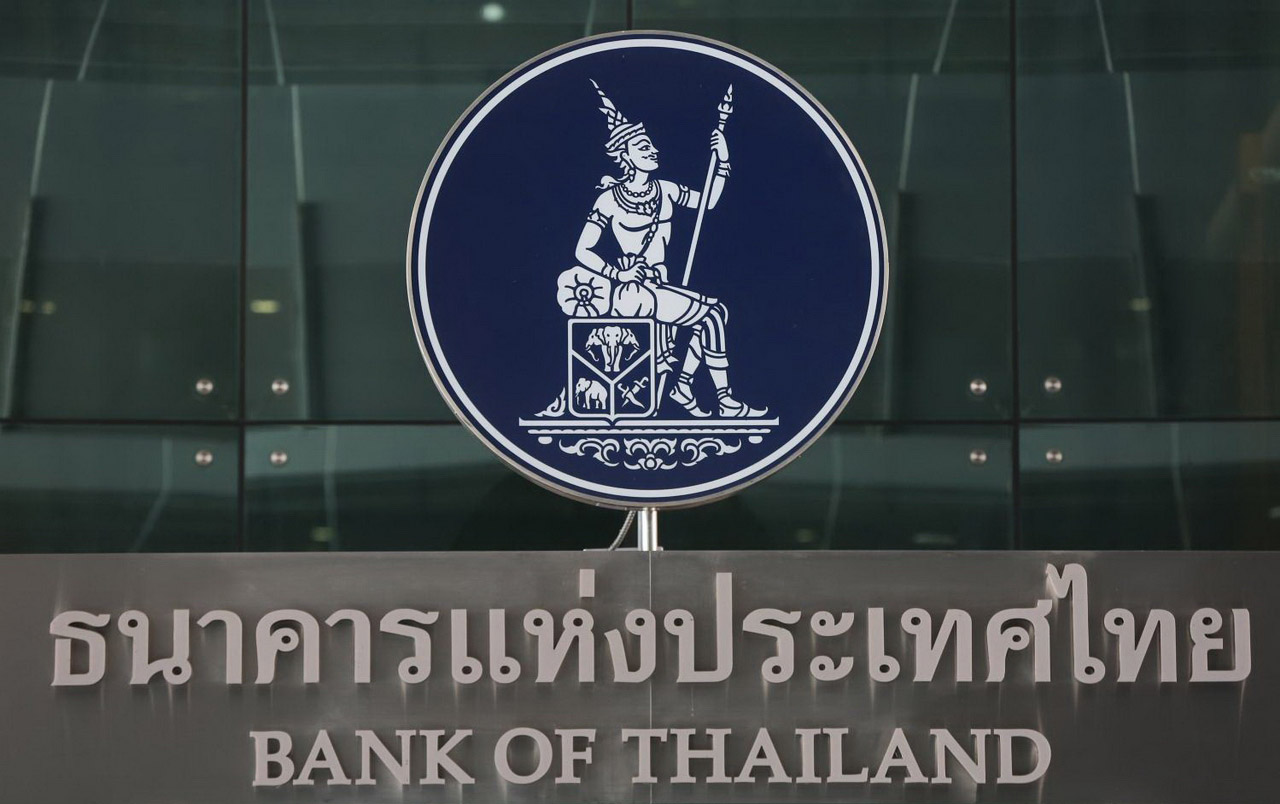Published in Asian-mena Counsel: Mergers & Acquisitions Special Report 2020

E: nuanporn.w@mhm-global.com
E: pranat.l@mhm-global.com
E: chotiwut.s@mhm-global.com
The decision of Thailand’s competition authorities will set a precedent regarding merger control and provide clarity on market definitions, write Nuanporn Wechsuwanarux, Pranat Laohapairoj and Chotiwut Sukpradub of Chandler MHM.

 Introduction
Introduction
Thailand’s Trade Competition Act, BE 2560 (2017) is the primary law that regulates and oversees five areas of anti-competitive behaviours and market practices:
- abuses by dominant players of the market and other operators;
- abuses by non-dominant players of the market and other operators;
- merger control, covering amalgamation, share acquisition and asset acquisition;
- cartel behaviours, covering horizontal and vertical cartels; and
- cross-border arrangement.
Many of the above areas have already been tested with cases and investigations, but one area that has remained largely untested until now is the merger control.
Under the Trade Competition Act, any action that qualifies as a merger, which will result in a dominant player in the market will require prior approval. The approval could be conditional or unconditional. However, if a merger will not result in a dominant player but will result in a significant reduction of competition, then the acquirer will only need to notify the Office of Trade Competition Commission (OTCC) after the merger.
Definition of dominant player
The notification of the Trade Competition Commission Re: Criteria for Identifying Business Operators Dominating the Markets, BE 2561 (2018) provides that business operators with the following market share and sales revenue shall be classified as a dominant player:
- any operator in a market of any goods or services having a market share in the previous year of 50 percent or more and sales revenue in the previous year of Bt1 billion or more; or
- the first three operators in a market of any goods or services having in aggregate a market share in the previous year of 75 percent or more and each has sales revenue in the previous year of Bt1 billion or more, except that if the third one does not have 10 percent of the market share, then such third operator will not be classified as a dominant player.
Until a few weeks ago, the OTCC’s merger division mainly received post-merger notifications. This is about to change, as the OTCC is now facing a possibility of having to decide on a very significant merger which likely will result in a very powerful dominant player in a modern trade market.
 Acquisition of Tesco in Thailand by CP Group
Acquisition of Tesco in Thailand by CP Group
Recently, Tesco announced the sale of its Thai and Malaysian businesses. The Thai conglomerate CP Group, a large and powerful modern trade player in Thailand, beat the other bidders.
According to the disclosure made to the Stock Exchange of Thailand on March 9, 2020, CP All and Charoen Pokphand Foods have given notice of their acquisition of Tesco Stores (Thailand) and Tesco Stores (Malaysia), through two special-purpose vehicles, CP Retail Holding and CP Retail Developer.
Tesco Stores (Thailand) operates a retail business under the trade name “Tesco Lotus”, which includes 214 retail hypermarket Tesco Lotus stores, 179 grocery-focused Talad Lotus stores and another 1,574 Tesco Express convenience stores, totalling 1,967 locations1.
CP Group currently operates around 11,712 7-Eleven convenience stores in Thailand, and 127 wholesale hypermarket Makro stores (having acquired Siam Makro from SHV Holdings back in 20132).
According to the press conference by CP Group, the group says that Makro would be categorised as a wholesale store while Tesco Lotus would be categorised as a retail store, therefore the two are in different markets. However, there are contrary views. Notably, one non-governmental organisation (NGO) in Thailand has filed a complaint to the OTCC to obtain comment on this deal. According to the NGO, there are only three big players in the modern trade market in Thailand: (i) Makro with a 37.4 percent market share, (ii) Big C with a 24.2 percent market share, and (iii) Tesco Lotus with a 38.4 percent market share. The acquisition of Tesco Lotus by CP will create a player with 75.8 percent of the market share of the modern trade market. Other commentators have stated that the modern trade market could include other players in the department store sector as well.

It is, therefore, to be seen how the OTCC will determine the definition and scope of the market, or perhaps markets, which could be wide or narrow. This depends on many factors. The OTCC will determine the market definition and review the possible impact on the market, consumers, trade partners and the economy as a whole. The OTCC technically has up to 105 days (90 days and 15 days of extension if necessary) to consider a deal after a pre-merger application is submitted and accepted by the OTCC.
Under the Notification of the Trade Competition Commission Re: Guidelines for Consideration of Market Definition and Market Share, BE 2561 (2018), the scope of the market will be holistically reviewed and determined based on an analysis of the facts surrounding demand substitutability, supply substitutability and barrier to market entry. Consideration would be given to what products and services are substitutable with the products and services in question, price of the products and services, utility, brand loyalty and supply shift-in from other areas, how easy operators can shift their production lines and service models to cover certain products and services, and what the barriers are for new operators to join the competition, in addition to other factors. There are no written guidelines indicating which of these factors receives the most weighting.
 The Notification of the Trade Competition Commission Re: Guidelines on Consideration of Unfair Trade Practices between Wholesale/Retail Business Operators and Producers or Distributors, BE 2562 (2019) mentions the following categories of stores: hypermarkets (including wholesale and retail), cash & carry, supermarkets, specialty stores, department stores and convenience stores. However, this list does not discuss the scope of market, or markets, of these modern-trade type stores.
The Notification of the Trade Competition Commission Re: Guidelines on Consideration of Unfair Trade Practices between Wholesale/Retail Business Operators and Producers or Distributors, BE 2562 (2019) mentions the following categories of stores: hypermarkets (including wholesale and retail), cash & carry, supermarkets, specialty stores, department stores and convenience stores. However, this list does not discuss the scope of market, or markets, of these modern-trade type stores.
Based on available information, CP Group already operates wholesale hypermarkets, supermarkets and convenience stores, while Tesco Lotus operates retail hypermarkets, supermarkets and convenience stores, both operators are presumed to each have a large market share in some of these markets. The issue that the OTCC must determine is what is, or what are, the market definition(s) for these stores, how each category overlaps to the extent that they must be counted together and what the ultimate market share for each party is for each type of market, or perhaps for the overall modern-trade market. Ultimately, the question is likely to be along the lines of what the impact on the market may be, rather than if we are dealing with a dominant player situation, and whether a grant of approval is beneficial to society as a whole.
Conclusion
The prospective acquisition of Tesco Lotus by CP Group will probably be one of the most scrutinised deals in the history of Thailand. All stakeholders and non-stakeholders alike are monitoring the situation, from lawyers to financial advisers, and from operators to ordinary citizens. It is expected that this case will set a precedent regarding merger control in Thailand. As a result of this case, subsequent cases will benefit from having a clearer field demarcation, whether narrow or wide, and clarity on how to determine the market definition under this law. The decision of the OTCC will ultimately have a long-lasting impact on the M&A industry in Thailand.
______________________________
Endnotes
- As of August 2019, based on the disclosure to the Stock Exchange of Thailand on 9 March 2020 of CP All Public Company Limited
- As of 31 December 2019, based on financial statement for fiscal year ended 31 December 2019 of Siam Makro Public Company Limited
______________________________
![]()
E: nuanporn.w@mhm-global.com
E: pranat.l@mhm-global.com
E: chotiwut.s@mhm-global.com
![]() Click Here to read the full issue of Asian-mena Counsel: Mergers & Acquisitions Special Report 2020.
Click Here to read the full issue of Asian-mena Counsel: Mergers & Acquisitions Special Report 2020.


























































 Chandler MHM Limited
Chandler MHM Limited Jessada Sawatdipong
Jessada Sawatdipong




